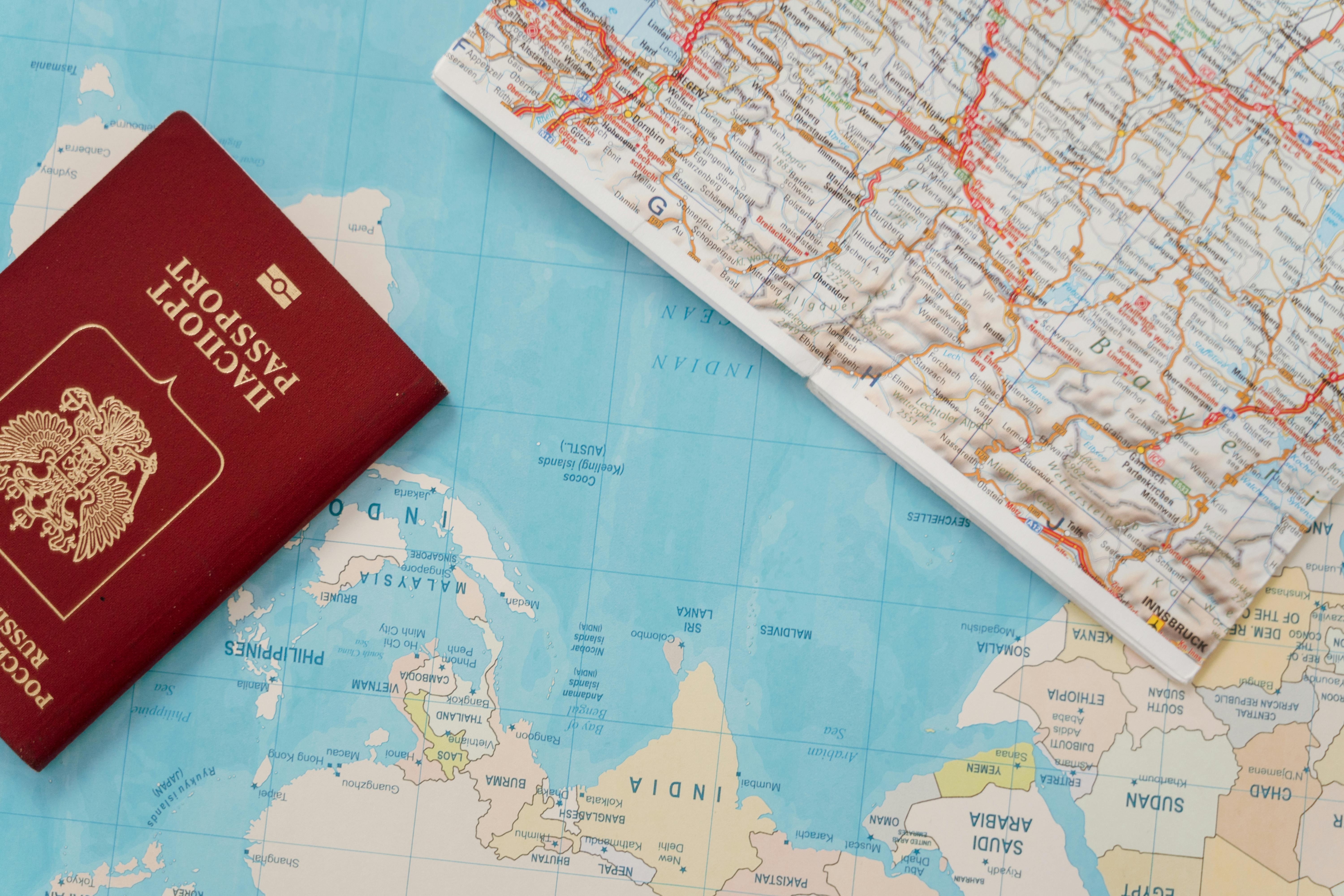Do and Don'ts
Travel Visa Information

Traveling to another country often requires obtaining a travel visa. A visa is an official document issued by a country’s government that allows a foreign national to enter, stay, or transit through that country for a specified period. The requirements, types, and processes for obtaining a visa can vary significantly depending on the destination and the purpose of the visit.
Types of Visas
- Tourist Visa: For individuals visiting a country for leisure, sightseeing, or visiting friends and family.
- Business Visa: For those traveling for business purposes, such as attending meetings, conferences, or negotiations.
- Student Visa: For students enrolled in educational institutions abroad.
- Work Visa: For individuals taking up employment in another country.
- Transit Visa: For travelers passing through a country en route to their final destination.
- Diplomatic Visa: For diplomats and other officials representing their countries.
- Medical Visa: For those seeking medical treatment in another country.
General Requirements
While specific requirements can vary, some common documents needed for a visa application include:
- A valid passport with at least six months' validity beyond the intended stay.
- Completed visa application form.
- Passport-sized photographs.
- Proof of travel arrangements (flight itinerary, hotel reservations).
- Financial statements to demonstrate sufficient funds.
- Travel insurance (if required).
- A letter of invitation (for business or visiting family/friends).
Application Process
- Research Requirements: Check the visa requirements of the destination country, as they can differ based on nationality and purpose of visit.
- Prepare Documents: Gather all necessary documents as specified by the embassy or consulate.
- Submit Application: Fill out the application form and submit it along with the required documents. This can often be done online or at the respective embassy or consulate.
- Pay Fees: Visa application fees vary and must be paid as part of the process.
- Attend an Interview: Some countries require applicants to attend an interview at the consulate or embassy.
- Wait for Processing: Processing times can range from a few days to several weeks, so it's advisable to apply well in advance of your planned travel dates.
- Receive Your Visa: Once approved, the visa will be stamped or affixed in your passport.
Important Considerations
- Validity and Duration: Visas have a validity period and may specify the duration of stay permitted.
- Multiple Entries: Some visas allow multiple entries, while others permit only a single entry.
- Restrictions: Be aware of any restrictions that may apply, such as work limitations or regional travel restrictions within the country.
- Renewals and Extensions: Some visas can be renewed or extended; check the specific rules for the country you are visiting.
Conclusion
Understanding the visa requirements and procedures is crucial for a smooth and hassle-free travel experience. Always check the latest information from official sources, such as the embassy or consulate of your